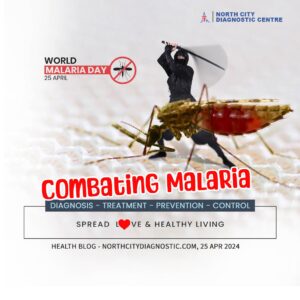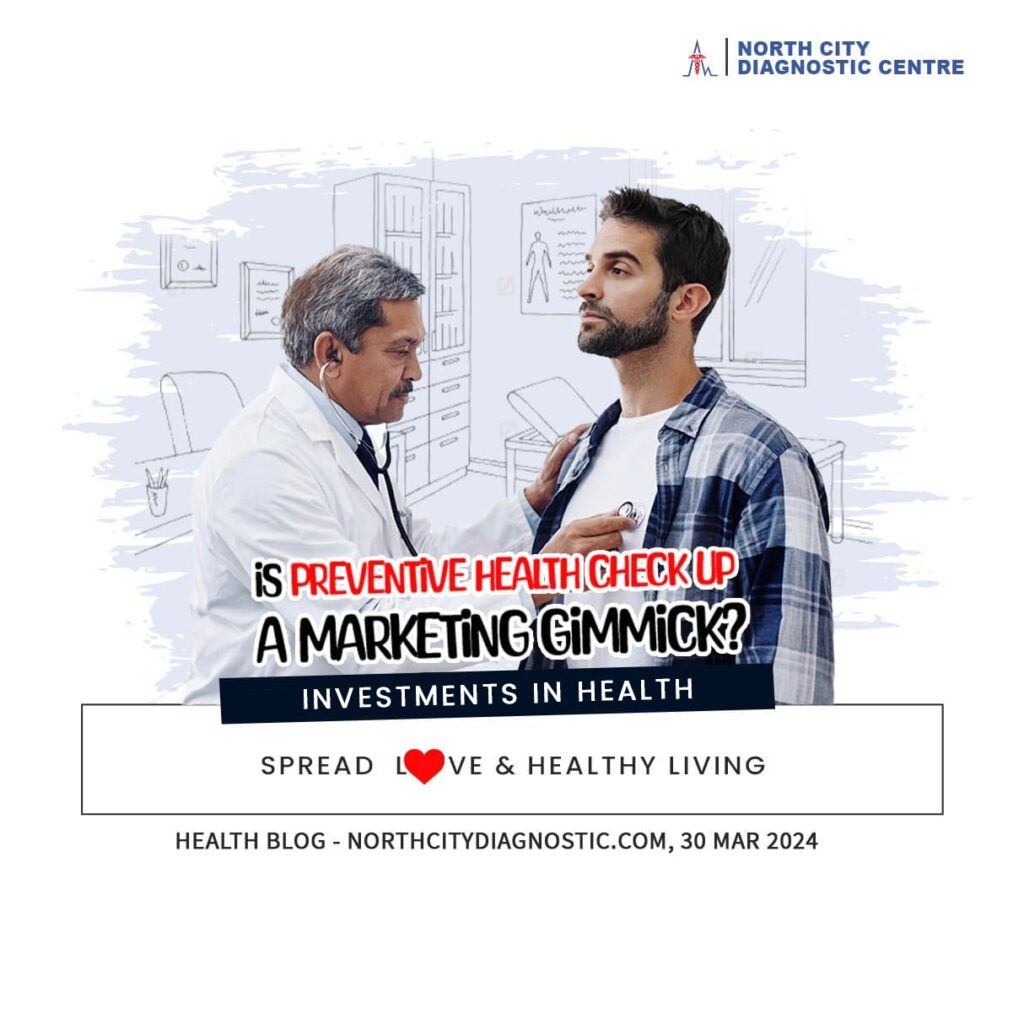
Menu
In recent years, preventive health check-ups have become a buzzword in the healthcare industry. With wellness and health taking centre stage in our lives, especially post the COVID-19 pandemic, the focus has shifted to early detection and prevention. But this rise in popularity has also led to a debate: Are preventive health check-ups truly beneficial, or is it just a marketing gimmick?
Preventive screening is recognized as a highly cost-effective public health intervention. The logic is straightforward – catching a disease early can lead to better outcomes and potentially lower treatment costs. However, there’s a growing concern that health check-ups might be aggressively promoted, converting healthy individuals into patients.
The discussion around preventive health checks is not only about their efficacy but also involves moral and ethical considerations. The rights of prospective patients, the balance between awareness and undue alarm, and the fine line between health consciousness and health anxiety are all parts of this complex conversation.
Interestingly, studies suggest positive effects if health checks are tailored to specific groups with higher risk factors.

“Treatment without prevention is simply unsustainable.”
– Bill Gates
A preventive health check-up, also known as a health screening or wellness exam, is a medical assessment carried out at regular intervals to identify and prevent potential health problems before they develop into more serious conditions. The goal of these check-ups is to maintain good health, reduce the risk of disease, and detect any early signs of health issues.
Preventive health check-ups typically include a variety of tests and examinations, which may vary depending on an individual’s age, sex, medical history, and risk factors. Common components of a preventive health check-up might include:
The frequency and specific tests included in preventive health check-ups are often based on guidelines from medical organizations and may be customized by healthcare providers to suit the needs of individual patients. The overarching aim is to foster a proactive approach to health, rather than a reactive one, potentially saving lives and healthcare costs by managing health issues before they escalate.
Preventive health check-ups are designed to detect health issues before they become serious, ideally improving health outcomes and reducing healthcare costs in the long run. However, the debate over their efficacy is ongoing, with both upsides and downsides being widely discussed.
The intention behind preventive health check-ups is to improve health outcomes by catching diseases early.
Even with the potential downsides, such as overdiagnosis, anxiety, costs, inaccuracies, and aggressive marketing, the benefit outweighs the downsides.
However, patients must discuss the necessity and implications of any screening with their healthcare provider to make an informed decision.
Do you choose to be proactive about your health investments?
Contrary to popular belief, preventive health check-ups are not exclusive to individuals with pre-existing health conditions. They are beneficial for everyone, especially for those who are high on risk factors like, smokers, chronic alcoholics, hypertension, diabetes, cardiac issues, familial history etc.. These screenings serve as proactive measures to maintain good health and identify potential risks early on, even in seemingly healthy individuals.
While some may perceive preventive health check-ups as costly endeavours, they pale in comparison to the expenses associated with treating advanced-stage illnesses. Investing in preventive care not only saves lives but also reduces healthcare costs in the long run. Moreover, many healthcare providers offer affordable packages and insurance coverage for preventive screenings, making them accessible to a broader population.
Moreover, Section 80D of the Indian Income Tax Act includes a Rs 5,000 deduction for any expenses paid for preventative health check-ups.
While it’s true that preventive screenings may occasionally yield false positives, the benefits far outweigh the risks. False positives prompt further evaluation, leading to timely interventions and peace of mind for patients. Additionally, advancements in medical technology have significantly reduced the occurrence of false positives, ensuring greater accuracy and reliability in test results.
Ideally, the decision to go for preventive health check-ups should be based on an individual’s specific health risks, family history, age, lifestyle, and the recommendations of healthcare professionals. Here are some guidelines on who might consider preventive health check-ups:
It’s important to note that the need and frequency of preventive health check-ups should be determined by professional consultation. This offers personalized solutions. This personalized approach ensures that the check-ups provide genuine value to the individual’s health and well-being.
At North City Diagnostic Center we offer personalized testing schedule that aligns with your medical history and risk factors. Consistent monitoring can be invaluable for early detection and effective management of arthritis. It’s not just about how often you test but making sure that the tests are aligned with your overall health profile for maximum benefit.
#preventivehealthcheckup #healthcheckup #preventivehealthcare #healthcare #healthylifestyle #wellness #healthy #checkup #healthylife #healthyliving #fitness #preventivehealth #preventivecare #bloodtest #health #goodhealth #diagnosis #healthcamp #corporatehealth #healthtests #womenhealth #healthsolutions #healthtech #healthtoday #companyhealth #medical #prevention #rapidlaboratory #PreventiveHealthcareNow #HealthyLifestyle #HealthIsWealth #WellnessMatters #HealthTips #InvestInYourWellness #HealthFirst #LiveBetter #HealthyChoices #PrioritizeHealth #JoinTheMovement #LevelUpYourHealth #ChangeYourLife #StayHealthy #FollowForMore #NorthCityDiagnostic #NDC
35-A ,Canal West Road
Near Gouri Bari Bus Stop
Kolkata – 700004.
Local: +91 33 6605 0888